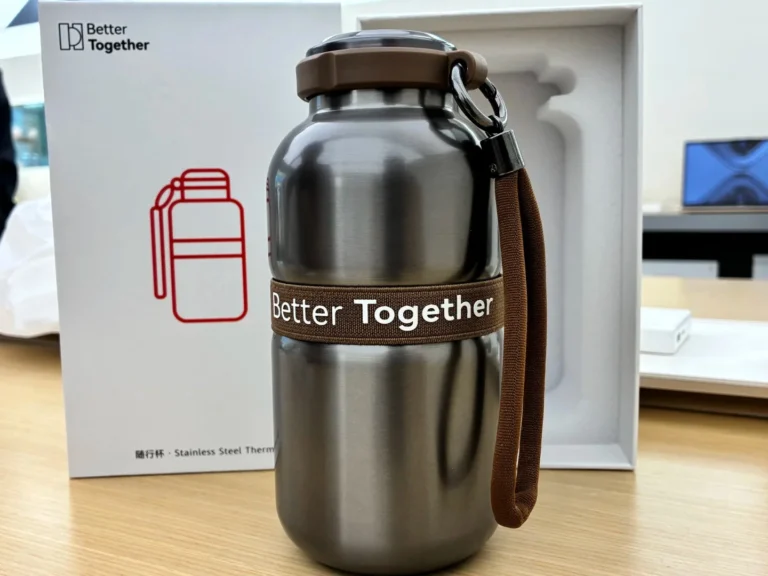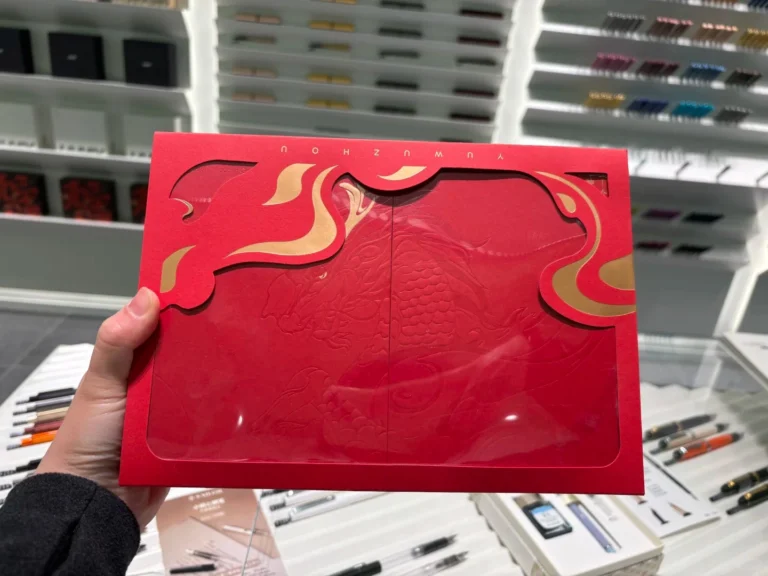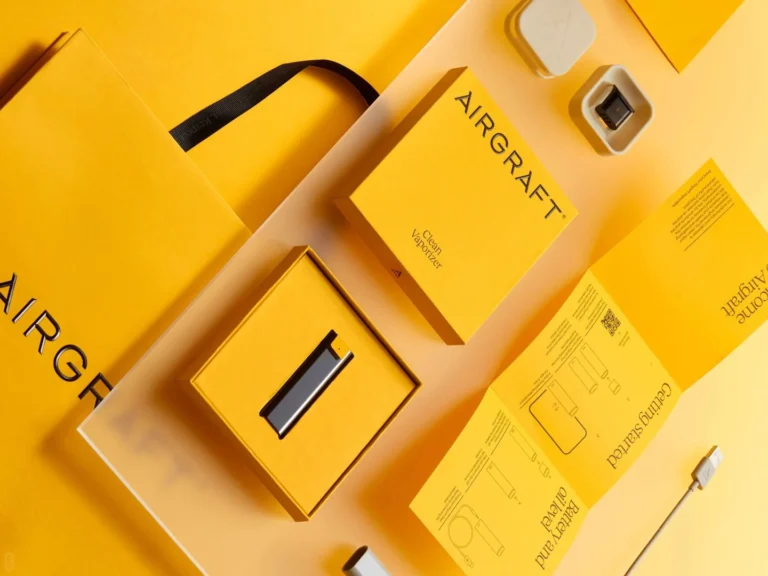Gifting has always been more than a transaction—it’s an expression of respect, connection, and appreciation.
From the earliest days of human interaction to today’s modern business world, gifts have served as emotional bridges that connect people, strengthen relationships, and express values.
Today, the custom gift and corporate gift industries are booming, evolving from simple exchanges into powerful tools of communication, branding, and relationship building.
The Origin and Development of the Gift Industry
The Cultural Roots of Gift-Giving
The practice of giving gifts is deeply rooted in human culture.
Whether it’s expressing gratitude, showing respect, or building trust, gifting reflects an emotional investment. It narrows the distance between people, eases communication, and helps establish mutual understanding.
From early personal exchanges to corporate-level interactions, the act of giving has evolved into a full-fledged industry with both cultural and commercial significance.
Three Stages of Industry Growth
The modern gift industry has gone through three major stages of development:
- The 1990s – Foundation Stage:
The industry began taking shape as businesses and individuals recognized the social and commercial power of gifting. - The 2000s – Upgrading Stage:
As consumer tastes improved, people began seeking better and more meaningful gifts. Businesses emphasized brand expression and thoughtful presentation. - The 2010s to Today – The Customization Era:
With the rise of personalized consumption, custom gifts became mainstream. Consumers and companies alike now demand items that reflect their values, aesthetics, and identity.

Types and Classifications of Gifts
Gift categories are incredibly diverse—each type designed for different occasions and emotional goals.
The art lies in choosing the right gift for the right context.
By Material
Gifts can be made of metal, ceramics, textiles, leather, or wood, each symbolizing different meanings and values.
By Function or Purpose
- Corporate Gifts:
Strengthen ties between companies and their clients, often expressing appreciation or partnership. - Conference Gifts:
Used during seminars or official meetings to enhance participation and brand recall. - Promotional Gifts:
Designed to boost marketing campaigns—these custom promotional items are cost-effective ways to enhance brand visibility. - Branded Gifts:
Integrated with company culture and logo design to build recognition and loyalty.
As the year-end approaches, businesses—especially government agencies, enterprises, and large institutions—often purchase bulk gifts to reward employees, clients, and partners.
Popular choices include food hampers, wellness sets, home essentials, and increasingly, digital gift cards for flexibility and personalization.
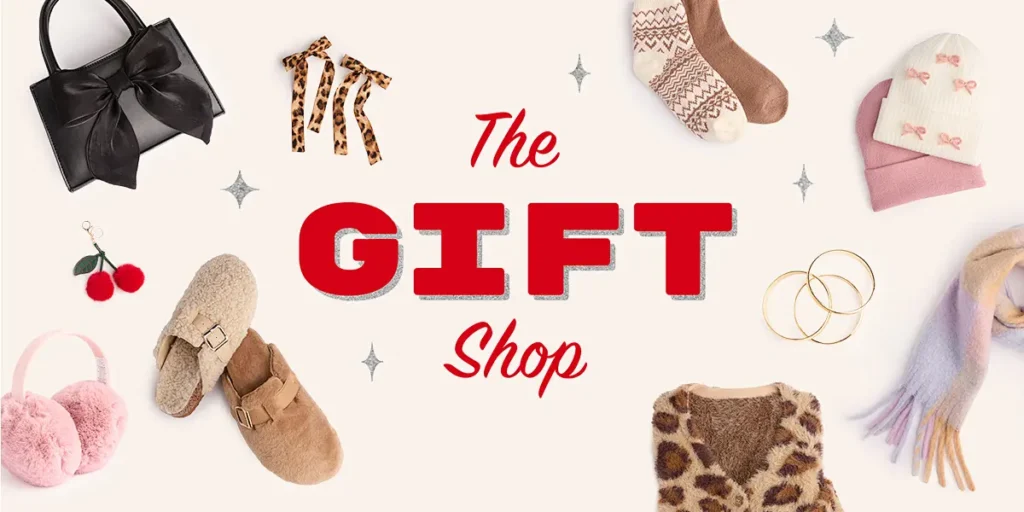
How the Gift Industry Operates
The Traditional Model
Traditionally, the gift industry operated mainly through wholesale channels.
Gift companies collaborated with suppliers to buy in bulk at lower prices and sell to retailers or event organizers.
This model allowed for quick turnover and high volume, but as the internet made pricing transparent, profits shrank.
Challenges such as inventory management, supplier dependence, and retail competition made pure wholesale operations less sustainable.
Some businesses also adopted retail models, directly selling to consumers through stores or trade fairs, but scalability remained limited.
The Rise of the Custom Gift Model
With the digital economy came a new wave of opportunity—personalized and custom gift solutions.
Now, many gift companies no longer simply resell products; they design, curate, and customize items aligned with a brand’s image, event theme, or client relationship.
From logo-branded merchandise to eco-friendly promotional gifts, customization adds emotional and marketing value that standard products cannot match.
Today, custom gifting accounts for nearly 30% of the entire industry, and that number continues to grow as companies prioritize branding and individuality.
Opportunities and Challenges in the Gift Industry
Low Entry Barriers, High Service Standards
At its core, the gift industry is a service industry.
While it’s easy to enter, success depends heavily on creativity, communication, and service quality.
Many newcomers face challenges like:
- Overly generic product selections
- Lack of innovation or originality
- Weak understanding of branding and gifting psychology
To stand out, one must build strong supplier relationships, understand trends, and offer unique, memorable products that carry meaning.
How Companies in the Industry Make Profits
The gift supply chain typically includes four key stages:
- Manufacturers / Factories (≈30%) – responsible for production.
- Distributors / Agents (≈20%) – manage logistics and bulk supply.
- Gift Companies (≈30%) – handle customization, packaging, and client coordination.
- Retailers / Clients (≈20%) – final sale or gifting stage.
Most gift companies earn profits through price margins, but many also rely on rebates, partnerships, or exclusive custom projects.
The more a company integrates design, sourcing, and brand storytelling, the higher its value and margins.
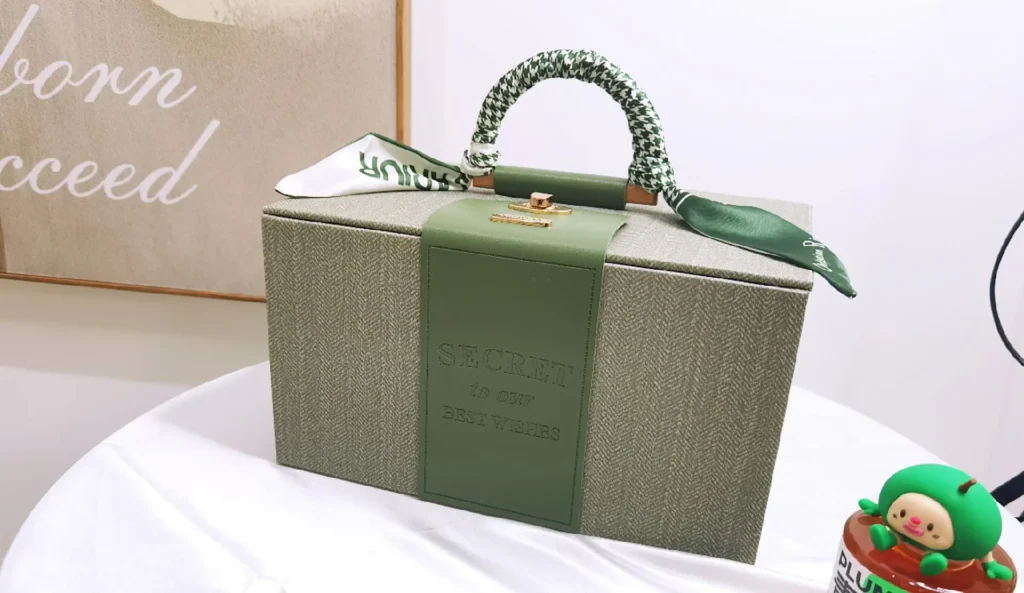
The Future of Custom and Corporate Gifting
As sustainability, personalization, and emotional marketing continue to rise, the future of gifting will be driven by:
- Eco-conscious materials and ethical sourcing
- Digital experiences (e.g., QR-linked story cards or AR messages)
- Hybrid physical-digital gifts
- Deep customization tied to brand culture
Custom and corporate gifts are no longer just tokens—they’re a language of brand storytelling and connection.
Whether it’s a luxury executive gift, a creative event giveaway, or a practical employee welcome kit, gifting has become an art form that blends emotion, design, and business value.
Conclusion: Custom Gifts that Connect Emotion and Brand
The evolution of the gift industry reflects how humans express appreciation and build relationships.
From traditional exchanges to modern branding, gifting has always been about one thing—connection.
As the market evolves, custom gifts and corporate gifts continue to bridge the gap between businesses and people, leaving lasting impressions that go far beyond the gift itself.
✨ A thoughtful gift is never just a product—it’s a message, a memory, and a mark of genuine connection.
Subscribe to our website to explore how to choose the perfect gifts.

